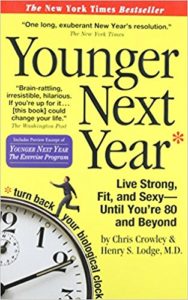Some insurance products are quite straight-forward (e.g. term life insurance), but others were created when insurance companies saw an opportunity in the market to increase their sales while reducing their own risk of needing to pay the claims. Accidental death insurance (often called accidental death and dismemberment) is one of these products.
Think of this product this way:
“If you look for a simple explanation, imagine all life insurance products to be cars. Your accidental death insurance is a car that you can drive only 30 minutes a day and only in one particular neighbourhood …”
Now, let’s understand this product better …
What is accidental death insurance?
Accidental death insurance is a life insurance policy (or an addition to an existing policy) that pays a claim only in particular cases: when the cause of death is an accident. In other cases, this insurance will pay nothing.
An important statistic to know is that only ~5 per cent of all deaths in Canada originate from accidents. That means that, in 95 per cent of cases, the policyholder will not be paid.
What is accidental death and dismemberment insurance?
Accidental death and dismemberment insurance is an insurance policy that pays a claim only if a death or a dismemberment (such as the loss of a particular body part, like a leg, hand, finger, etc.) occurred due to an accident. Typically, an accidental death and dismemberment insurance contract will define what amount will be paid in case of death and certain different types of dismemberment. Claim coverages associated with heavier dismemberments (e.g. a lost leg) are normally higher than claim coverages associated with smaller dismemberments (e.g. loss of a finger).
Is accidental death insurance worth it?
The quick answer is that, in most cases, it is not worth it. Continue Reading…







